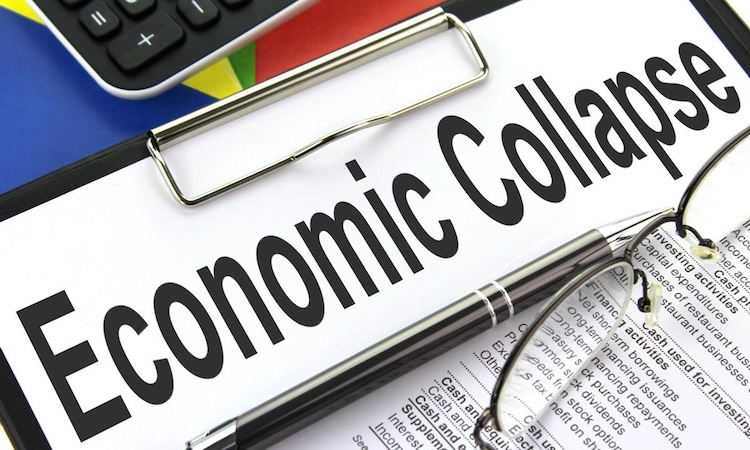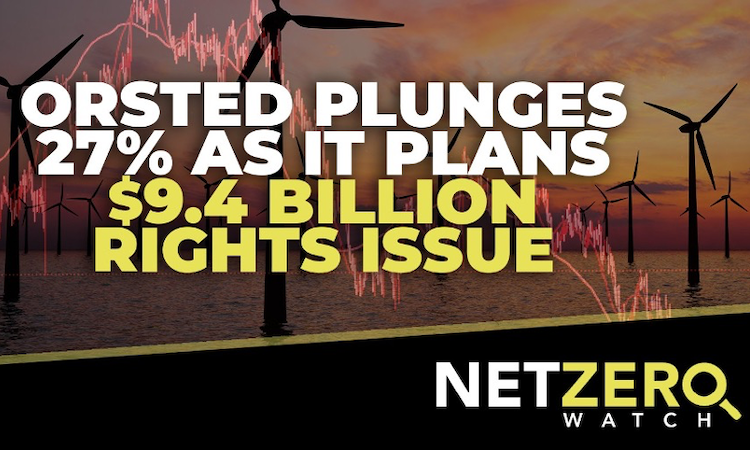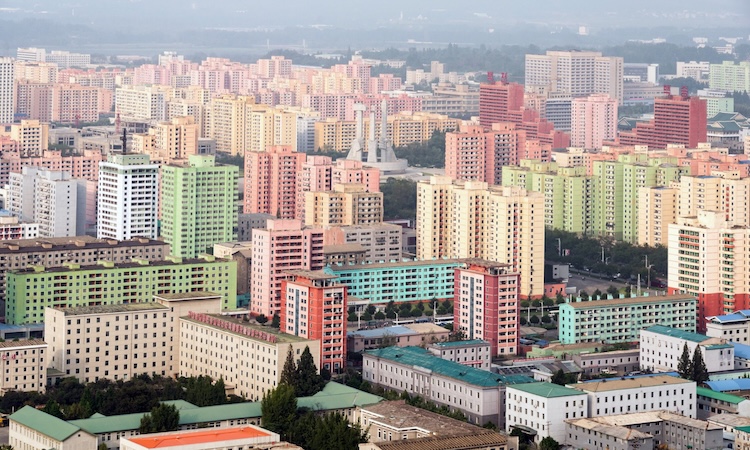As far back as January 2016, financial commentators were worrying that the world economy looked more precarious than ever.
The incredibly high debt levels of households, corporations, banks and nations; the stupendous stock market bubble in which Donald Trump (like Gordon Brown before him) placed so much faith as an indicator of his financial genius (in reality a sign of the system’s weakness, indicating a lack of productive opportunities for capital investment); the growing bubble of car debt (masked behind the same collateral debt obligation [CDO] wizardry that promoted the mortgage lending boom – and then bust – of the last decade); the lack of demand in one market after another (indicating the total impoverishment of the mass of the world’s workers); the total failure of the alleged ‘recovery’ of recent years to generate meaningful jobs or decent wages … all were pointed to as indicators of a serious and growing systemic weakness.
It has been clear for some time, in fact, that it was not a question of if another economic crash was coming, but only when.
A crisis long in the making, but passed off as the result of the covid lockdown
It is not surprising, then, to read that figures from the Office for National Statistics (ONS) indicate that economic growth in the UK was already grinding to a halt even before the pandemic hit.
In the three months to February, the economy grew by just 0.1 percent. Worse, during February the economy actually shrank by 0.1 percent, long before lockdown. The ONS says that 29 percent of firms have cut staff. (Coronavirus: GDP figures show UK economy was struggling before Covid-19 lockdown by Sharon Marris, Sky News, 9 April 2020)
Now that factories are closing and the service industries are paralysed, the Office for Budget Responsibility (OBR) warns that UK gross domestic product (GDP) could plunge by 35 percent between April and June, with the unemployment level rocketing by more than 2 million people if lockdown continues. (Education hit hardest as coronavirus batters UK economy by Richard Partington, The Guardian, 15 April 2020)
As ever, these figures are a gross understatement, discounting as they always do the shadow army of unemployed conveniently shelved as ‘economically inactive’. Already over a span of just three weeks 1.2 million people have filed new claims for Universal Credit.
With even the International Monetary Fund (IMF) admitting that global capitalism is heading for the worst slump since the 1930s, the biggest news on the industrial front is the bare fact that there is precious little industry happening.
Whilst the ruling class is keen to tell us that bailing out industry to the tune of £230bn and counting was a necessary measure to ‘help the country through the coronavirus emergency’ (and that we will all need to take further pay and pension cuts to foot the bill down the line), workers need to realise that this is merely a cover story for the biggest bailout of all time, aimed at shoring up a system that is long past its use-by date.















